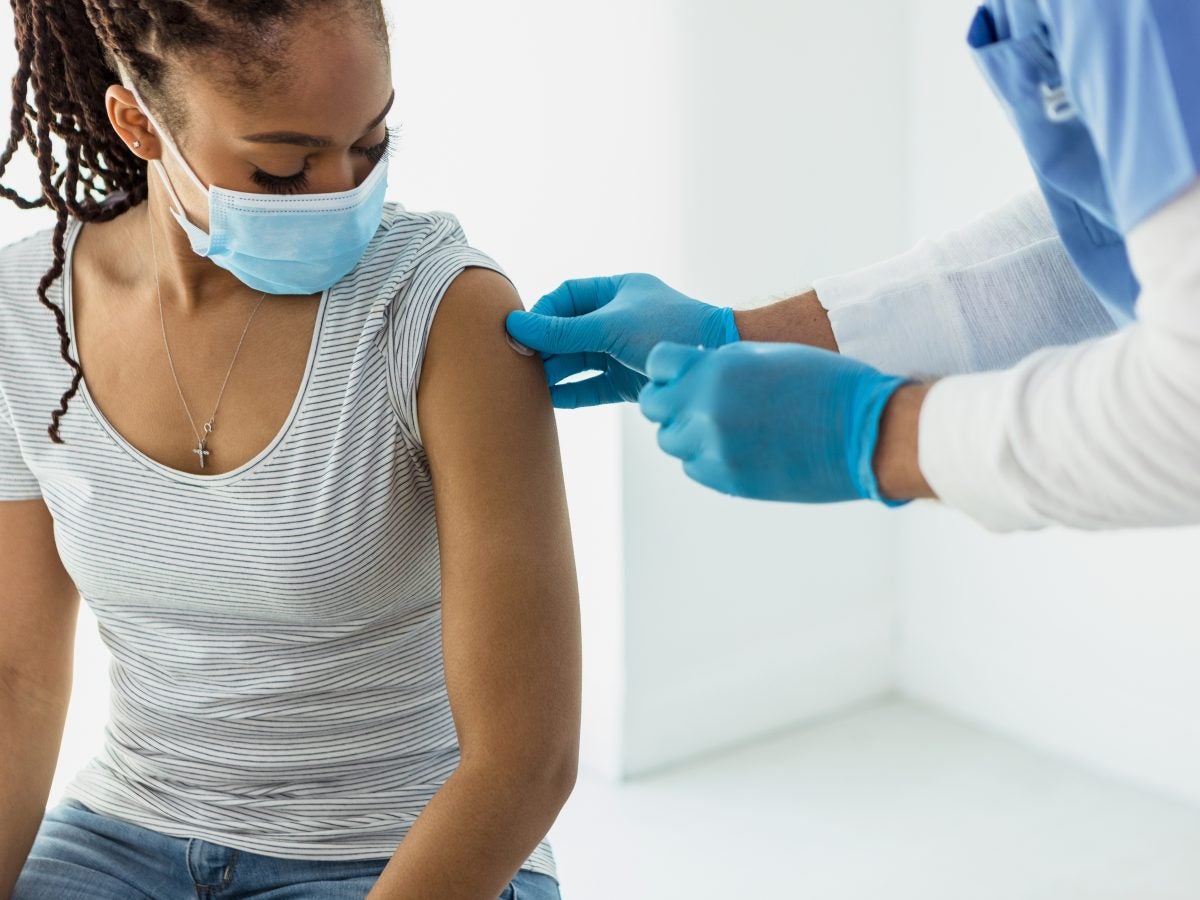
News, recommendations and requirements surrounding COVID-19 vaccines change so frequently, keeping up with the most current information can be challenging. For those who have chosen to get a COVID-19 vaccinate, there are still questions many are seeking answers to, like, should you mix different vaccine types or when is the Moderna booster going to be available to the masses? This week new information released from the Food and Drug Administration (FDA) and the National Institute of Health (NIH) are bringing answers closer into view. Here’s a rundown of what’s new this week in COVID-19 vaccines news and what you should know now.
Moderna Vaccine Boosters Are Coming For Elderly, Immunocompromised and At Risk Groups
On Thursday, the F.D.A voted unanimously to recommend Moderna coronavirus vaccines booster shots for certain groups of those Americans who had their first dose at least six months prior. Those 65 and over or those with high-risk medical conditions or jobs will be eligible for the third dose of the Moderna vaccine. The panel recommended the third injection be a half-dose of the vaccine, The New York Times reports. What about everyone else? Although the F.D.A. panel came to an anonymous decision, there is still significant hesitancy from the group to approve the third dose for younger age groups at this time. They cited limited data as their current reasoning for this, according to The NYTimes.
New Research Says You Can (and Maybe Should) Mix COVID-19 Vaccines
According to a recent study conducted by NIH on “mixing and matching” COVID vaccines, Johnson & Johnson vaccine recipients are actually better off getting Pfizer or Moderna vaccine booster shots. During the study, volunteer participants were divided into groups and received an extra vaccine dose from a different company than their original vaccine. The participants’ antibody levels were then measured two weeks and four weeks after the booster shots were given. The results of the study revealed that those participants who received either Modern or Pfizer vaccine booster dose had a higher increase in their antibody responses more often than those participants who received an extra dose of the Johnson & Johnson vaccine.
Want more information? Watch what prominent Black doctor’s have to say about why the Black community should strongly considered being vaccinated for COVID-19: